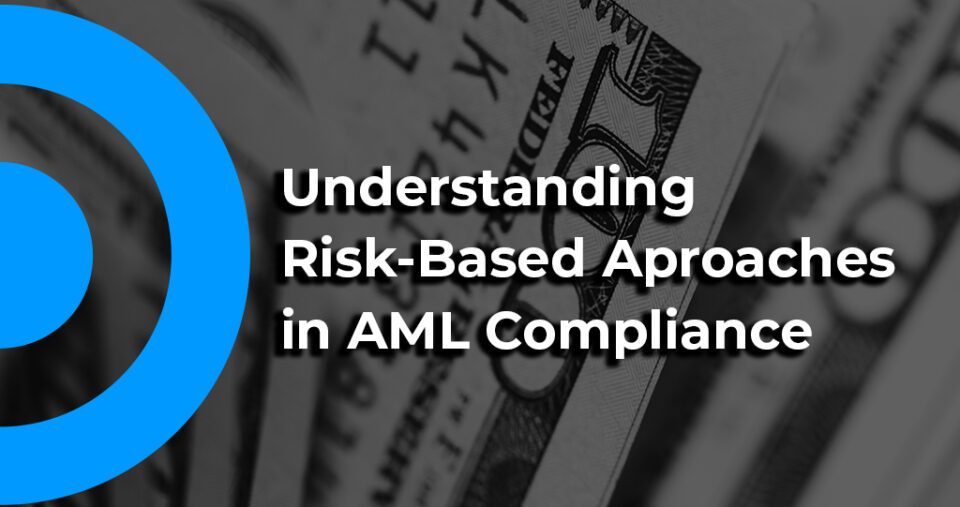
Canada’s EFT Trends
September 23, 2024
AML Regulations for MSO’s in Hong Kong
September 27, 2024
How Recent Changes in Canadian Financial Regulations Affect MSB Registration
In recent years, Canada’s financial regulatory landscape has undergone significant changes, impacting various sectors, including Money Service Businesses (MSBs). For industry professionals and investors, staying informed about these regulatory shifts is crucial for ensuring compliance and capitalizing on new opportunities.
Key Recent Regulatory Changes
1.Enhanced AML and CTF Requirements
Stricter Compliance Standards: The Canadian government has introduced more rigorous Anti-Money Laundering (AML) and Counter-Terrorist Financing (CTF) requirements. These changes include tighter regulations on customer due diligence (CDD), enhanced transaction monitoring, and more stringent record-keeping practices.
Increased Reporting Obligations: MSBs are now required to submit more detailed reports to the Financial Transactions and Reports Analysis Centre of Canada (FINTRAC). This includes expanded information on large transactions and suspicious activities.
2.Updated Net Worth Requirements
Increased Capital Requirements: The recent updates to financial regulations mandate that MSBs maintain a higher minimum net worth. As of 2024, MSBs must have a net worth of at least CAD 500,000 upon registration, up from previous levels. This change is designed to ensure that MSBs are financially stable and capable of meeting regulatory demands.
Operational Resilience: The increased net worth requirement is part of a broader push to enhance the operational resilience of MSBs. This includes measures to strengthen financial stability and risk management practices.
To Know more about Future of Canadian MSB: Trends and Outlook
3.Enhanced Regulatory Framework
Expanded Regulatory Scope: The scope of regulatory oversight has been broadened to include more detailed guidelines on AML and CTF compliance. This includes updates to existing regulations and the introduction of new guidelines to address emerging risks and challenges.
Introduction of New Compliance Guidelines: The latest regulatory updates include new compliance guidelines for MSBs. These guidelines cover various aspects of financial operations, including risk management, internal controls, and the use of technology in compliance efforts.
Implications for MSB Registration
1.Increased Complexity in the Registration Process
Detailed Application Requirements: The updated regulations have introduced more detailed application requirements for MSB registration. Businesses must now provide comprehensive information about their operations, ownership structures, and compliance measures.
Lengthier Approval Timelines: With the enhanced scrutiny and additional requirements, the approval process for MSB registration may take longer. Businesses should be prepared for extended timelines and additional documentation requests.
2.Higher Compliance Costs
Investment in Compliance Infrastructure: The increased regulatory demands mean that MSBs will need to invest more in compliance infrastructure. This includes upgrading AML systems, enhancing transaction monitoring capabilities, and implementing robust reporting mechanisms.
Ongoing Compliance Costs: In addition to initial investments, MSBs will face ongoing costs associated with maintaining compliance. This includes regular audits, training programs, and updates to compliance policies and procedures.
3.Increased Regulatory Scrutiny
More Frequent Audits: The enhanced regulatory framework has led to more frequent audits and inspections. MSBs should be prepared for regular reviews by regulatory authorities to ensure adherence to updated standards.
Stricter Enforcement Measures: Regulatory bodies have adopted stricter enforcement measures for non-compliance. This includes higher fines, penalties, and potential legal actions against businesses that fail to meet the new requirements.
To Know more about Canada Quick MSB Registration Guide
Key Trends Affecting MSB Registration
1.Technology Integration
Adoption of Advanced Technologies: MSBs are increasingly adopting advanced technologies, such as AI and blockchain, to meet compliance requirements. These technologies help in automating compliance processes, improving transaction monitoring, and enhancing data security.
Increased Use of RegTech Solutions: Regulatory Technology (RegTech) solutions are gaining traction among MSBs. These tools assist in managing compliance obligations more efficiently and effectively.
2.Focus on Transparency and Accountability
Enhanced Transparency Requirements: There is a growing emphasis on transparency and accountability in financial operations. MSBs are expected to provide clear and comprehensive information about their operations, risk management practices, and compliance efforts.
Strengthened Internal Controls: The updated regulations highlight the need to prevent financial crimes and ensure regulatory compliance. MSOs must implement sophisticated transaction monitoring systems to detect unusual or suspicious activities.
Conclusion
The recent changes in Canadian financial regulations have significant implications for MSB registration. By understanding these regulatory updates and their impact on the registration process, MSBs can better prepare for compliance and navigate the evolving regulatory landscape. Investing in advanced technologies, enhancing transparency, and adapting to new compliance requirements will be key to succeeding in this dynamic environment.
For further insights and assistance with MSB registration and compliance in Canada, contact PayCompliance. Our expertise can help you navigate the complexities of the regulatory landscape and ensure your business remains compliant.
Resources:



